Home>Articles>How Long Does It Take Water To Freeze In A Freezer
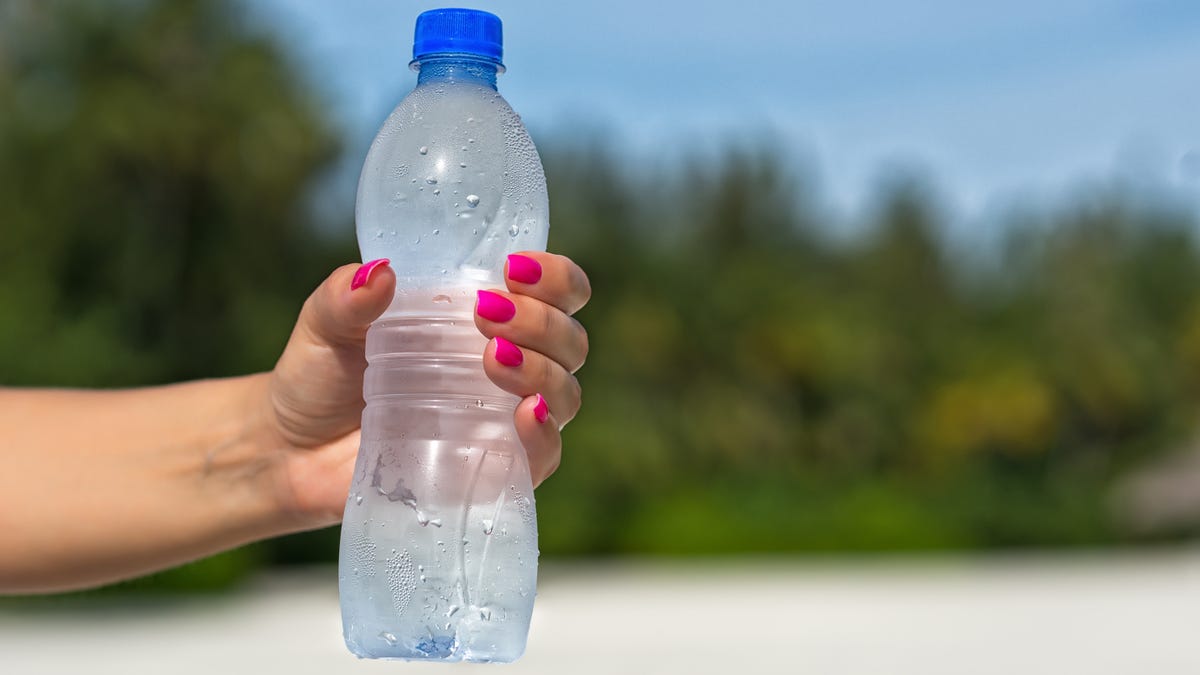

Articles
How Long Does It Take Water To Freeze In A Freezer
Modified: May 6, 2024
Discover how long it takes water to freeze in a freezer. Read our informative articles to find out the freezing time and more.
(Many of the links in this article redirect to a specific reviewed product. Your purchase of these products through affiliate links helps to generate commission for Storables.com, at no extra cost. Learn more)
Introduction
Water is a common substance that undergoes a fascinating transformation when exposed to low temperatures. We encounter frozen water in various forms, from ice cubes in our drinks to frozen lakes in winter. Have you ever wondered how long it takes for water to freeze in a freezer? In this article, we will explore the factors that affect the freezing time of water in a freezer.
The process of freezing occurs when the temperature of a substance drops below its freezing point, causing it to transition from a liquid to a solid state. This transformation is influenced by several variables, including the temperature settings of the freezer, the quantity of water being frozen, the container material, and the presence of impurities in the water.
Understanding these factors can help us determine the approximate time required for water to freeze. It’s important to note that the freezing time can vary depending on different circumstances and individual freezers, so these guidelines are meant as estimates and may not be universal.
So, let’s delve into the various factors that influence the freezing time of water in a freezer and explore techniques to speed up the process.
Key Takeaways:
- Speed up freezing time by lowering freezer temperature, using smaller containers, and introducing impurities. Optimize the process for quicker access to frozen water.
- Factors like water quantity, container material, and impurities influence freezing time. Employ techniques such as pre-chilling water and monitoring the process for efficient freezing.
Factors Affecting Freezing Time
The freezing time of water in a freezer can be influenced by several factors. These factors include temperature settings, water quantity, container material, and the presence of impurities. Let’s take a closer look at each of these factors:
- Temperature Settings of Freezers: The temperature setting of your freezer plays a vital role in determining the freezing time of water. Freezers are typically set to maintain a temperature between -10°C to -20°C for optimal freezing. The lower the temperature, the faster the water will freeze. However, keep in mind that setting the freezer at extremely low temperatures can contribute to excessive energy consumption.
- Water Quantity: The amount of water being frozen affects the freezing time. Larger quantities of water naturally take longer to freeze compared to smaller volumes. The reason behind this is that more energy is required to cool down a larger volume of water, resulting in a longer freezing time. It’s important to consider the capacity of your freezer and adjust the quantity of water accordingly if you’re looking to freeze it quickly.
- Container Material: The material of the container in which the water is placed can affect the freezing time. Materials like metal or glass conduct heat more efficiently than plastic. Therefore, using a metal or glass container can help speed up the freezing process as heat is transferred from the water to the container, aiding in faster cooling. However, ensure that the container is freezer-safe to avoid any damage or breakage from the extreme temperatures.
- The Role of Impurities: The presence of impurities in water, such as minerals or dissolved gases, can affect the freezing time. These impurities act as what is known as “nucleation sites” where ice crystals can form. When the water contains a high concentration of impurities, it becomes easier for ice crystals to initiate, resulting in a faster freezing process. Conversely, purified or distilled water, which has a lower impurity content, may take longer to freeze as there are fewer nucleation sites available.
By considering these factors, you can estimate the approximate freezing time for water in your freezer. However, it’s important to remember that these factors are not mutually exclusive, and their combined effect can vary in different scenarios.
Next, we will explore techniques to speed up the freezing time of water in a freezer.
Temperature Settings of Freezers
The temperature setting of your freezer plays a critical role in determining the freezing time of water. Freezers typically have a temperature range between -10°C to -20°C (-14°F to -4°F). Setting the temperature at the lower end of this range will expedite the freezing process.
It’s important to note that different freezers may have variations in temperature control accuracy and distribution. Some freezers have more precise temperature control, ensuring a consistent temperature throughout the entire freezer compartment. Others may have temperature variations, with certain areas being colder than others.
To optimize the freezing time, it’s recommended to set the temperature at the coldest setting allowed by your freezer’s manufacturer. This will create an environment where heat is rapidly extracted from the water, accelerating the freezing process.
However, it’s essential to strike a balance between a low freezing temperature and energy efficiency. Setting the freezer at temperatures below the optimum freezing range might result in excessive energy consumption. Additionally, extremely low temperatures can lead to freezer burn, causing food items to become dehydrated or develop an unpleasant taste.
If you’re unsure about the ideal temperature setting for your freezer, consult the manufacturer’s manual or contact their customer support for guidance. This will ensure that you’re utilizing the freezer efficiently while achieving the desired freezing time for your water.
Remember to monitor the temperature periodically using a separate freezer thermometer to maintain the set temperature accurately. This will help you gauge the effectiveness of the freezing process and make adjustments if necessary.
Now that we’ve covered the importance of temperature settings, let’s move on to exploring the impact of water quantity on freezing time.
The Impact of Water Quantity on Freezing Time
The quantity of water being frozen significantly affects the freezing time. It’s intuitive to understand that larger volumes of water will take longer to freeze compared to smaller amounts.
When freezing water, the cold air in the freezer acts as a heat sink, extracting heat from the water to cool it down and initiate the freezing process. The larger the volume of water, the more heat needs to be transferred out, resulting in a longer freezing time.
To expedite the freezing process, it’s advisable to freeze water in smaller quantities. This allows for faster heat transfer and more efficient cooling. If you’re in a hurry to freeze water, consider using ice cube trays or smaller containers instead of large vessels.
Furthermore, spreading the water out in a thin layer can also hasten the freezing time. By pouring the water onto a flat surface, such as a baking sheet or a shallow container, it increases the surface area exposed to the cold air in the freezer. This maximizes the contact between the water and the cold air, facilitating quicker cooling and freezing.
It’s essential to ensure that the water is evenly spread and not too shallow, as this can lead to faster evaporation or uneven freezing. Striking the right balance is crucial to achieve optimal freezing results.
Lastly, if you have a large quantity of water that needs to be frozen quickly, consider dividing it into smaller portions and freezing them separately. This approach allows you to freeze multiple smaller volumes simultaneously, reducing the overall freezing time. Once the individual portions are frozen, they can be combined if needed.
Understanding the impact of water quantity on freezing time empowers you to better control and optimize the freezing process. As we move forward, let’s explore the role of container material and its effect on freezing time.
The time it takes for water to freeze in a standard home freezer is typically around 3-4 hours. However, factors such as the temperature of the freezer and the amount of water can affect the freezing time.
Container Material and its Effect on Freezing Time
The material of the container in which water is being frozen can influence the freezing time. Different container materials have varying levels of thermal conductivity, which affects how quickly heat is transferred from the water to the surrounding environment in the freezer.
Materials such as metal and glass have high thermal conductivity, meaning they conduct heat more efficiently. When water is frozen in a metal or glass container, these materials help absorb and dissipate heat from the water, promoting faster cooling and freezing. Consequently, using metal or glass containers can reduce the overall freezing time.
On the other hand, plastic containers have lower thermal conductivity compared to metal and glass. This means that less heat is transferred from the water to the container, slowing down the cooling and freezing process. Consequently, when water is frozen in plastic containers, it may take longer to reach a solid state.
When selecting a container for freezing water, it’s important to choose one that is freezer-safe and can withstand extreme temperatures without cracking or breaking. Metal or glass containers are typically considered more suitable for freezing water due to their superior thermal conductivity and durability.
It’s worth noting that the size and shape of the container can also affect freezing time. A container with a larger surface area in contact with the freezer air can expedite the cooling process. Additionally, using a container with a lid or cover can help retain the cold air and minimize heat transfer from the surrounding environment, resulting in faster freezing.
In summary, the choice of container material plays a role in determining the freezing time of water. Metal or glass containers offer more efficient heat transfer, leading to faster freezing, while plastic containers may slightly prolong the process. Considering these factors can help you optimize the freezing time for your water.
Now, let’s move on to discussing the role of impurities in the freezing process.
The Role of Impurities in the Freezing Process
The presence of impurities in water can significantly impact the freezing process. Impurities can act as what is known as “nucleation sites” where ice crystals can form.
When water contains impurities such as minerals, dissolved gases, or particles, these substances provide surfaces for ice crystals to initiate and grow. Essentially, they serve as a catalyst for the freezing process. The more impurities present, the more nucleation sites are available, and the faster the water will freeze.
This is why you might have noticed that tap water freezes quicker than purified or distilled water. Tap water often contains minerals and other dissolved substances, which create more nucleation sites for ice crystals to form. On the other hand, purified or distilled water has a lower impurity content, resulting in fewer nucleation sites and a longer freezing time.
It’s important to note that the impact of impurities on freezing time can vary depending on their concentration. Higher concentrations of impurities will generally lead to faster freezing, while lower concentrations will prolong the freezing process.
If you’re looking to speed up the freezing time of water, you can introduce impurities intentionally. For example, adding a pinch of salt to the water can increase its impurity content and promote faster freezing by providing more nucleation sites for ice crystals.
However, it’s crucial to exercise caution when adding impurities to the water. The type and amount of impurities added should be safe for consumption and compatible with your intended use of the frozen water.
Understanding the role of impurities in the freezing process can help you anticipate and control the freezing time of water. As we move forward, let’s explore techniques to expedite the freezing time in a freezer.
Techniques to Speed Up Freezing Time
When you’re in a hurry to freeze water, there are several techniques you can employ to expedite the process. By implementing these techniques, you can reduce the freezing time and enjoy your frozen water much quicker. Here are some effective methods:
- Use smaller containers: Dividing the water into smaller containers or ice cube trays allows for faster heat transfer and more efficient cooling. Smaller volumes of water freeze faster compared to larger quantities.
- Spread the water out: Pouring the water onto a flat surface, such as a baking sheet or a shallow container, increases the surface area exposed to the cold air in the freezer. This maximizes the contact between the water and the cold air, resulting in faster cooling and freezing.
- Set the freezer at a lower temperature: Lowering the temperature setting of your freezer to the coldest setting authorized by the manufacturer will accelerate the freezing process. However, be mindful of energy consumption and potential freezer burn.
- Utilize metal or glass containers: Metal and glass containers have higher thermal conductivity compared to plastic containers. They conduct heat more efficiently, facilitating faster cooling and freezing. Ensure the containers are freezer-safe and can withstand extreme temperatures.
- Introduce impurities: Adding a pinch of salt or other safe-to-consume substances to the water increases the impurity content, creating more nucleation sites for ice crystals to form. This can speed up the freezing process. However, be cautious with the amount and type of impurities added.
- Optimize freezer airflow: Arrange the containers in a way that allows for proper airflow within the freezer. Avoid overcrowding the freezer, as this can restrict airflow and impede the circulation of cold air, leading to slower freezing.
- Pre-chill the water: If you have time, refrigerate or cool the water beforehand. Starting with a lower initial temperature can expedite the freezing process, as the water would need to cool down less before reaching the freezing point.
- Monitor the freezing process: Keep a close eye on the freezing process by periodically checking the water’s state. This allows you to make adjustments if necessary, such as repositioning containers or lowering the freezer temperature even further.
It’s important to note that while these techniques can speed up the freezing time, they may not work instantaneously. Freezing time can still vary depending on factors such as the initial temperature of the water, the freezer’s cooling capacity, and specific environmental conditions. However, by employing these techniques intelligently, you can significantly reduce the time it takes for water to freeze in a freezer.
Now that you’re equipped with these techniques, you can optimize the freezing process and enjoy your frozen water in no time!
Conclusion
The freezing time of water in a freezer is influenced by various factors, including temperature settings, water quantity, container material, and impurities. By understanding these factors and implementing specific techniques, you can expedite the freezing process and enjoy your frozen water sooner.
Temperature settings play a crucial role in freezing time. Lowering the freezer temperature to the coldest setting allowed can accelerate the freezing process, but it’s important to balance this with energy efficiency and avoid freezer burn. Water quantity also affects freezing time, with smaller volumes freezing faster than larger quantities. Spreading the water out in a thin layer or dividing it into smaller containers can expedite cooling and freezing.
The choice of container material is significant, as metal and glass containers have higher thermal conductivity and facilitate faster heat transfer. Plastic containers have lower thermal conductivity and prolong the freezing process. Introducing impurities, such as a pinch of salt, can create more nucleation sites and promote faster freezing, although caution should be exercised when adding impurities.
Additionally, optimizing freezer airflow, pre-chilling the water, and monitoring the process can further speed up freezing time. By employing these techniques, you can reduce the overall time it takes for water to freeze in a freezer.
It’s important to note that freezing times can still vary due to individual freezer characteristics, environmental conditions, and other factors. However, with a better understanding of the factors at play and the application of these techniques, you can have a clearer estimate of the freezing time and enjoy your frozen water more efficiently.
So, the next time you find yourself in need of frozen water, implement these strategies to expedite the process and have icy refreshment at your fingertips in no time!
Now that you've got the scoop on freezing times, why not dive deeper into related topics? For those keen on emergency preparedness or simply ensuring that drinking supplies remain safe, learning about optimal water storage solutions is a must. On the other hand, keeping your edibles fresh and safe hinges on understanding the right freezer temperature settings. Both guides offer practical tips and insights, perfect for enhancing your home efficiency.
Frequently Asked Questions about How Long Does It Take Water To Freeze In A Freezer
Was this page helpful?
At Storables.com, we guarantee accurate and reliable information. Our content, validated by Expert Board Contributors, is crafted following stringent Editorial Policies. We're committed to providing you with well-researched, expert-backed insights for all your informational needs.
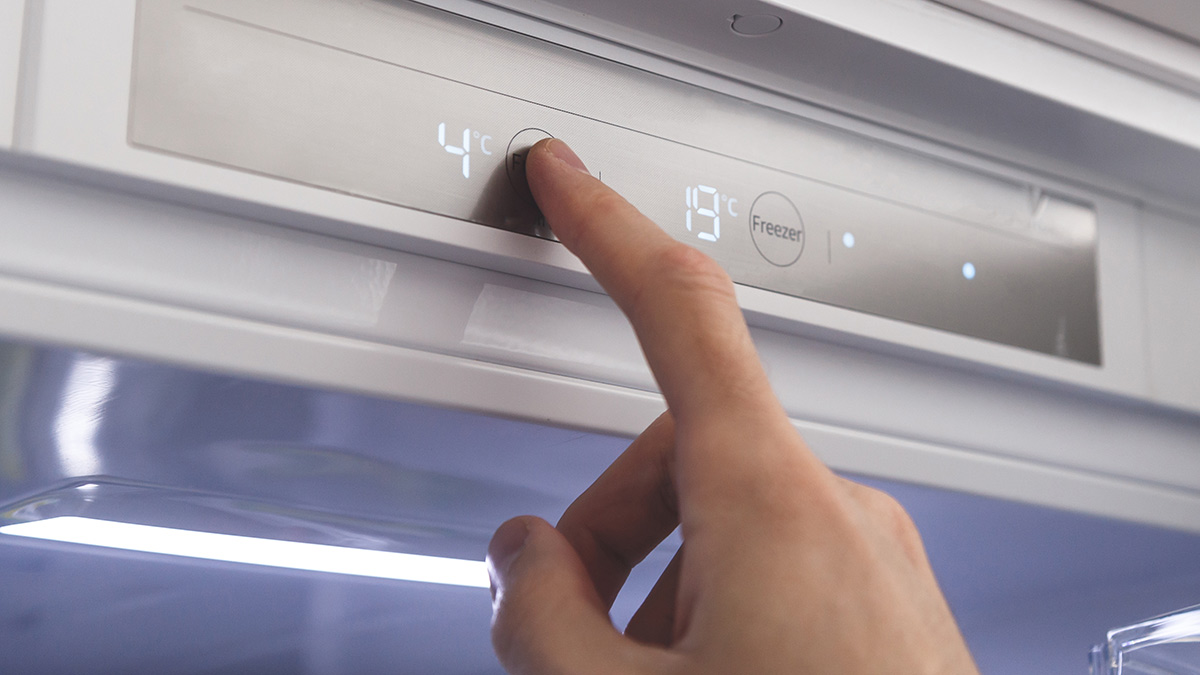
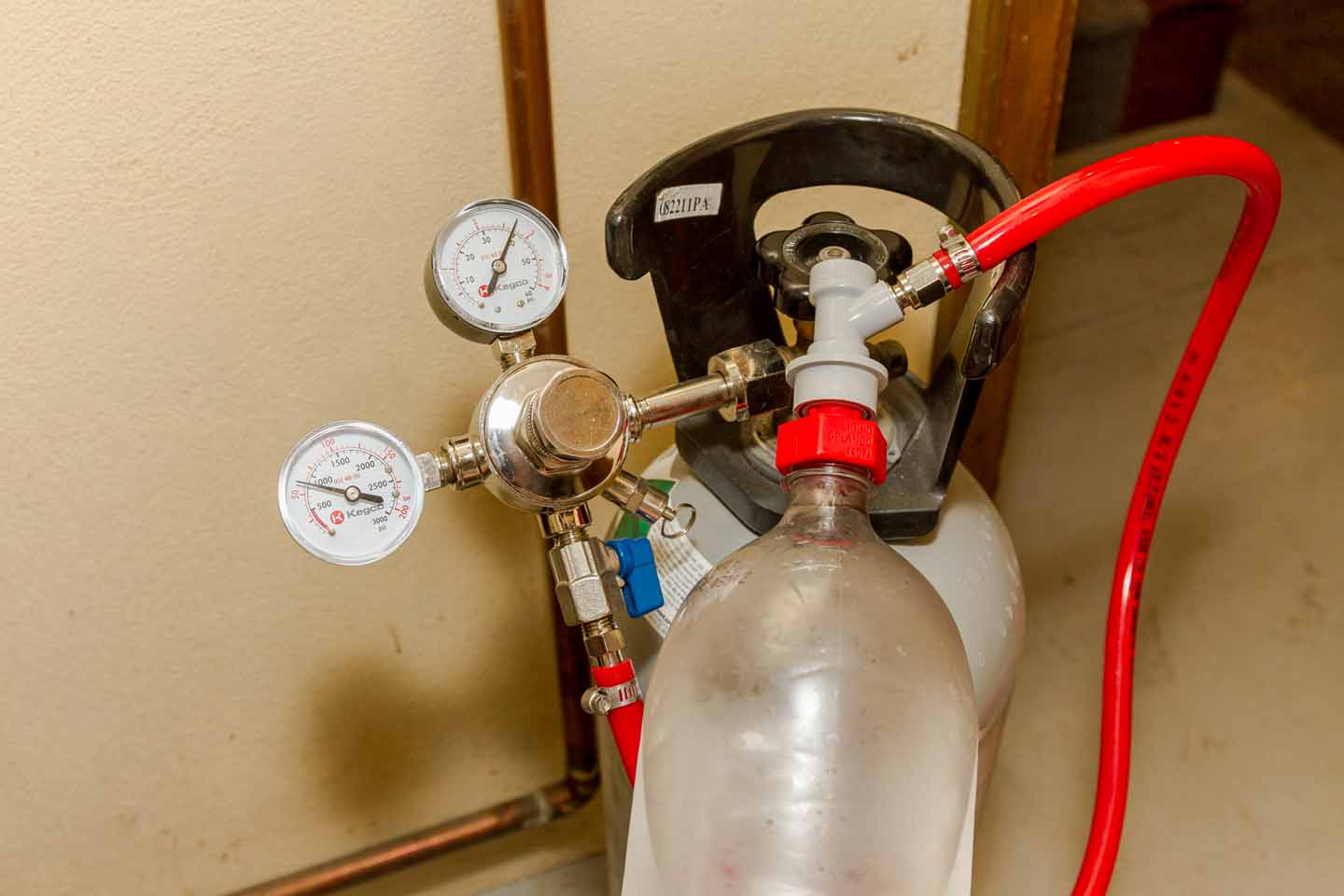
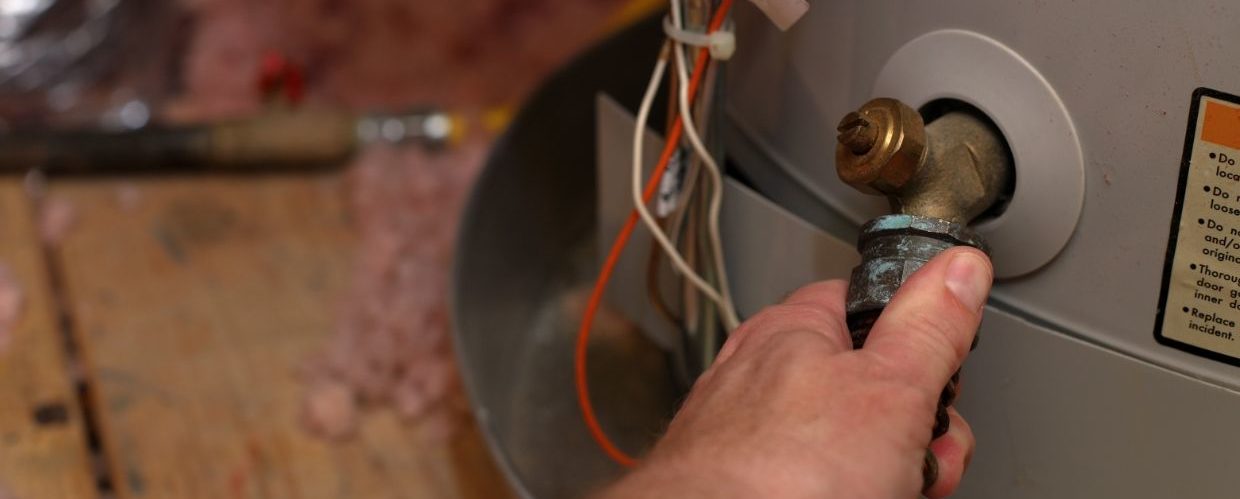
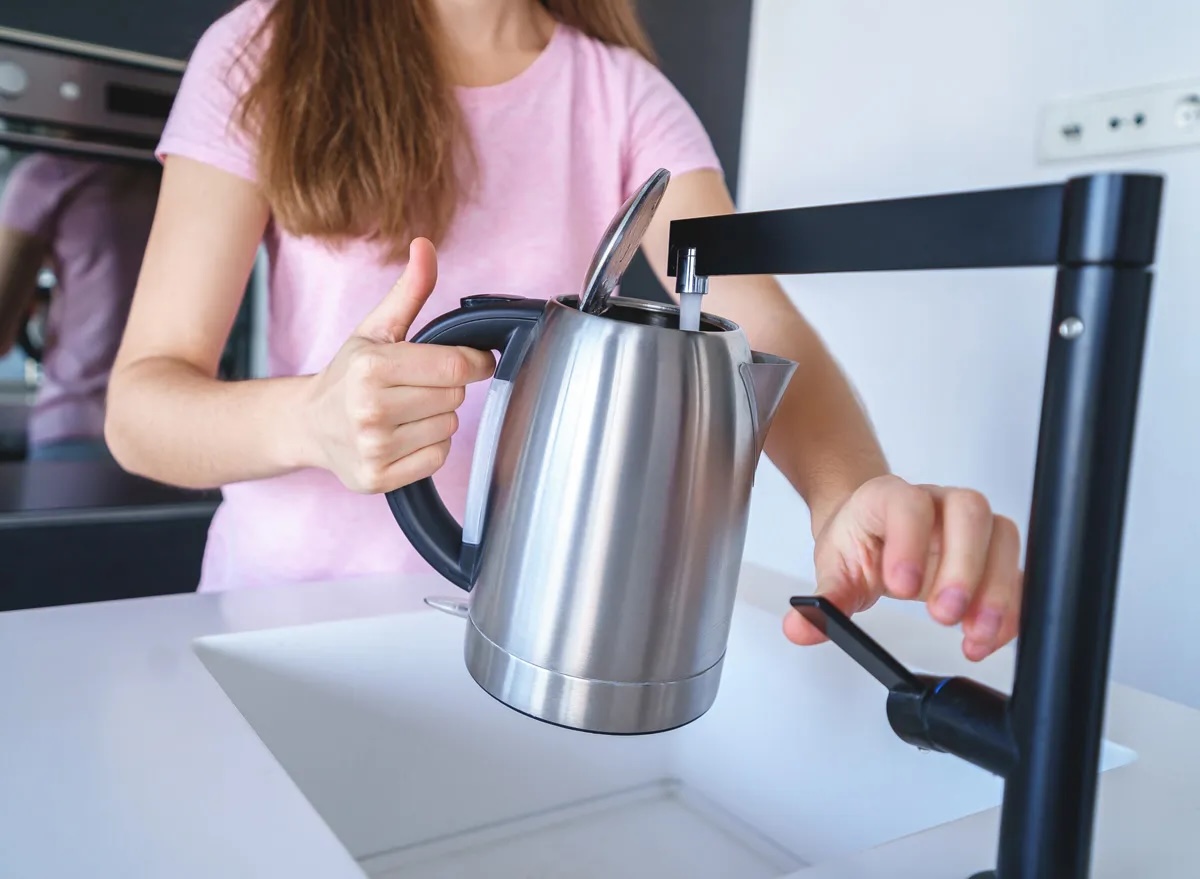
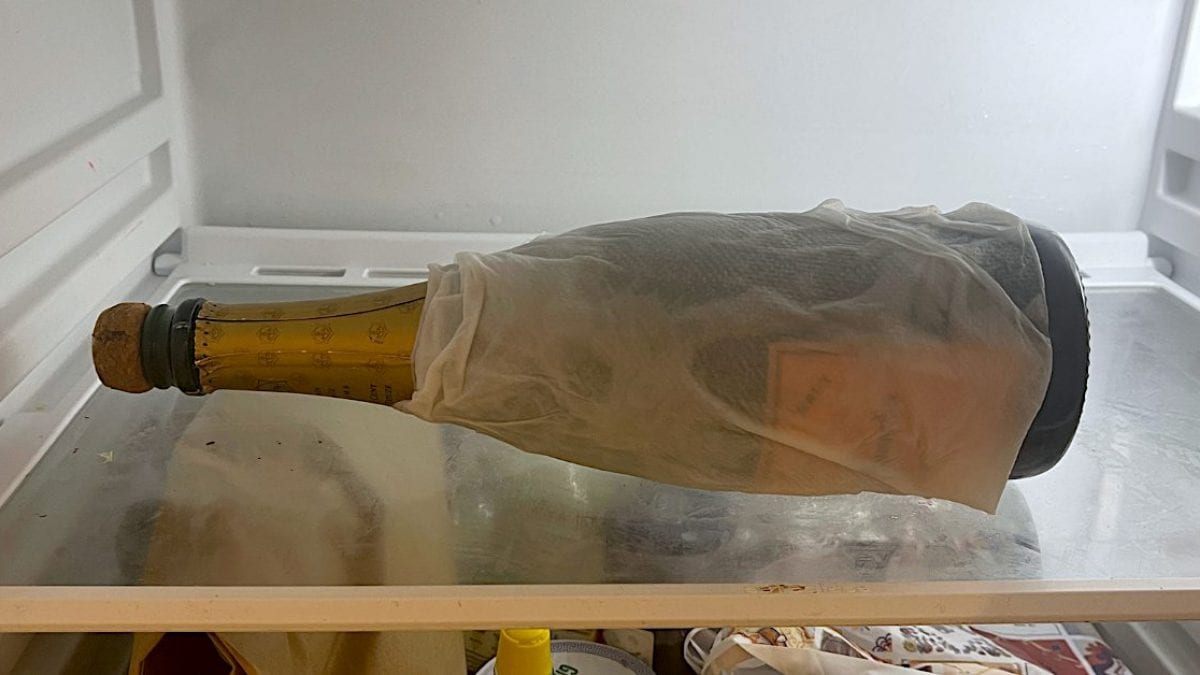
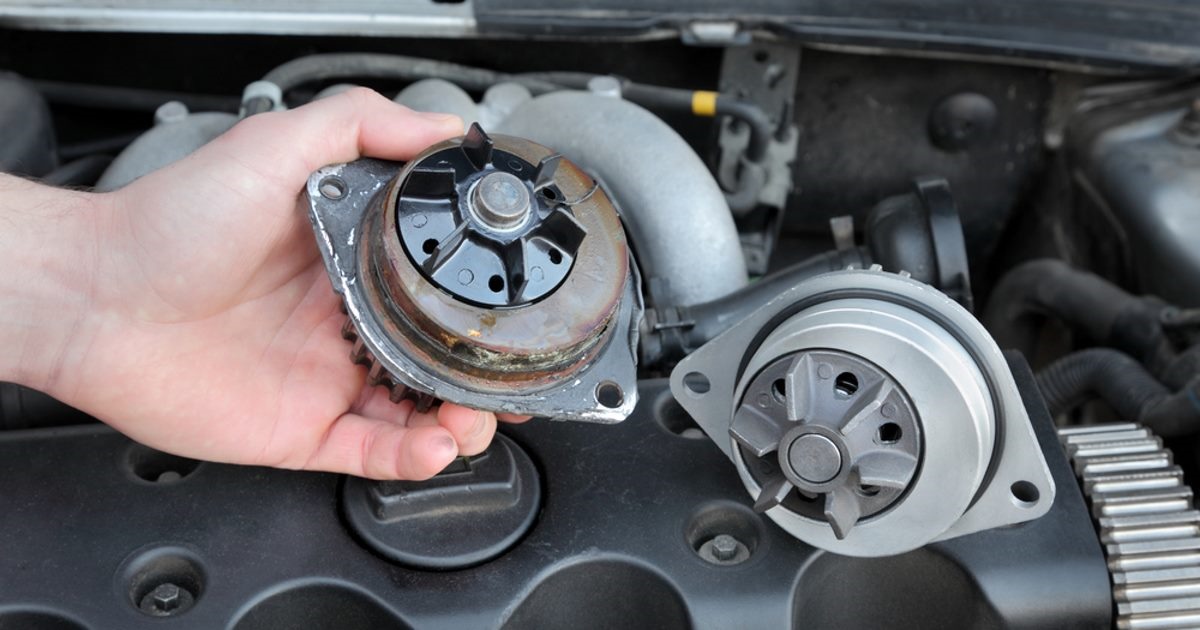
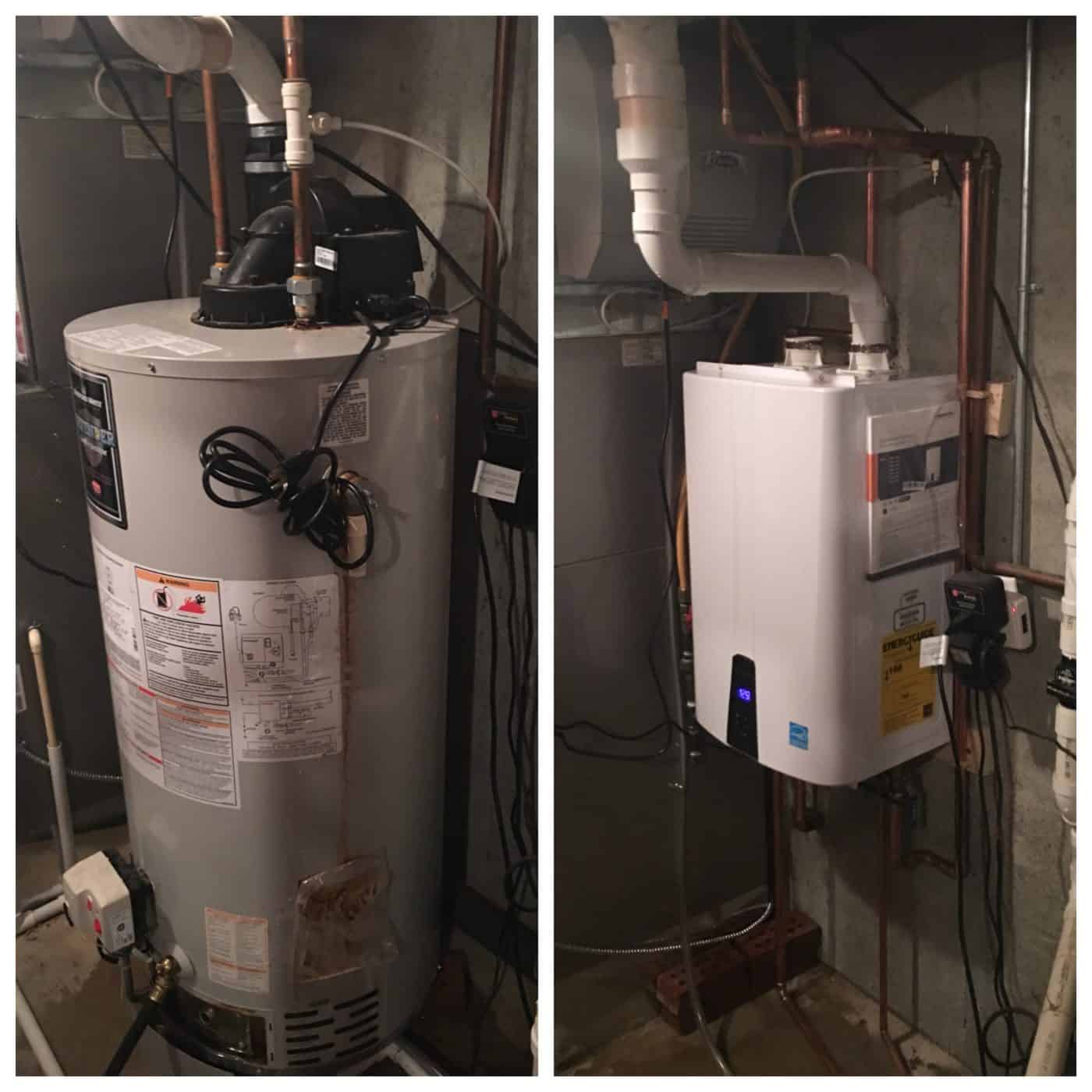
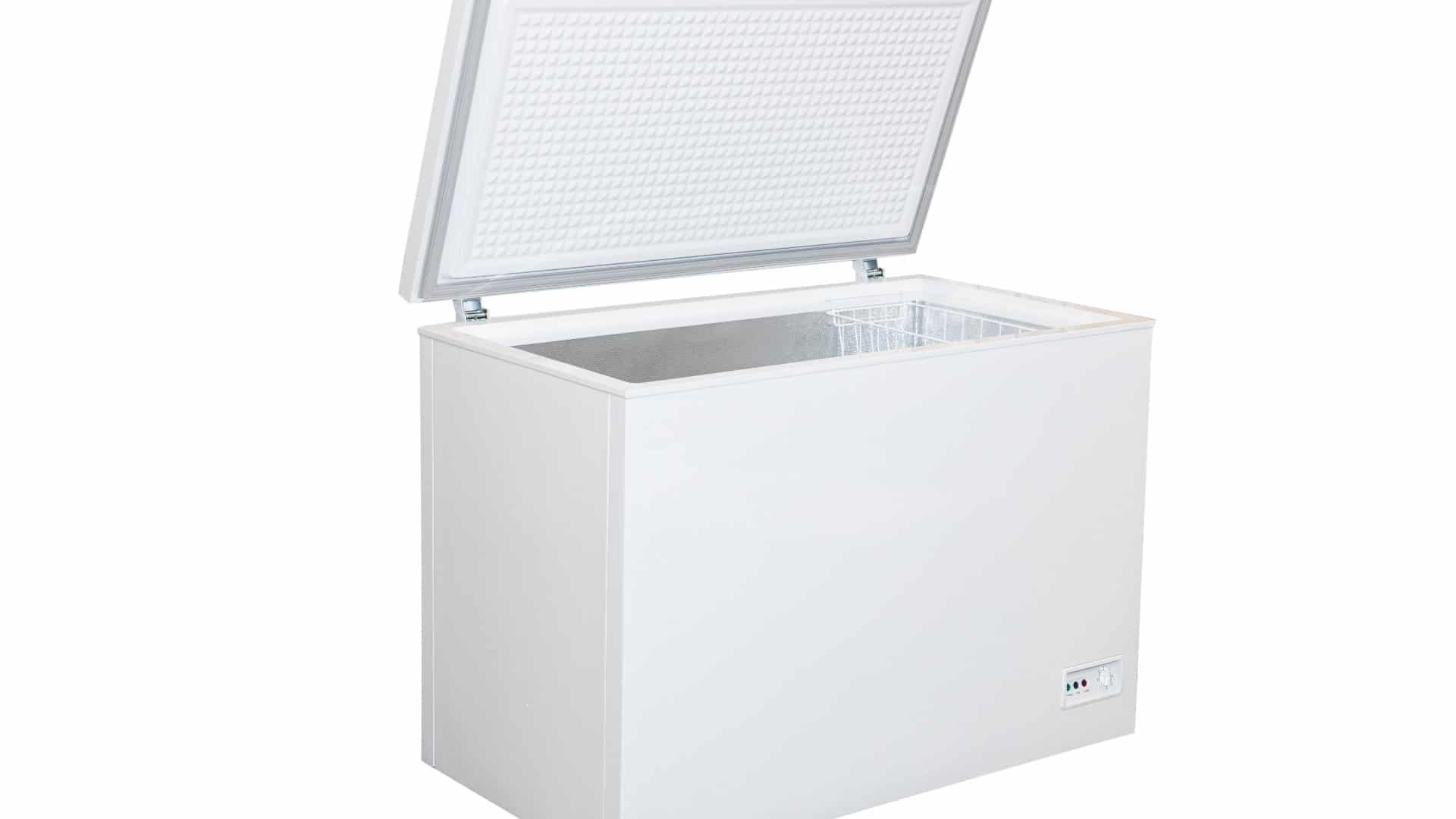
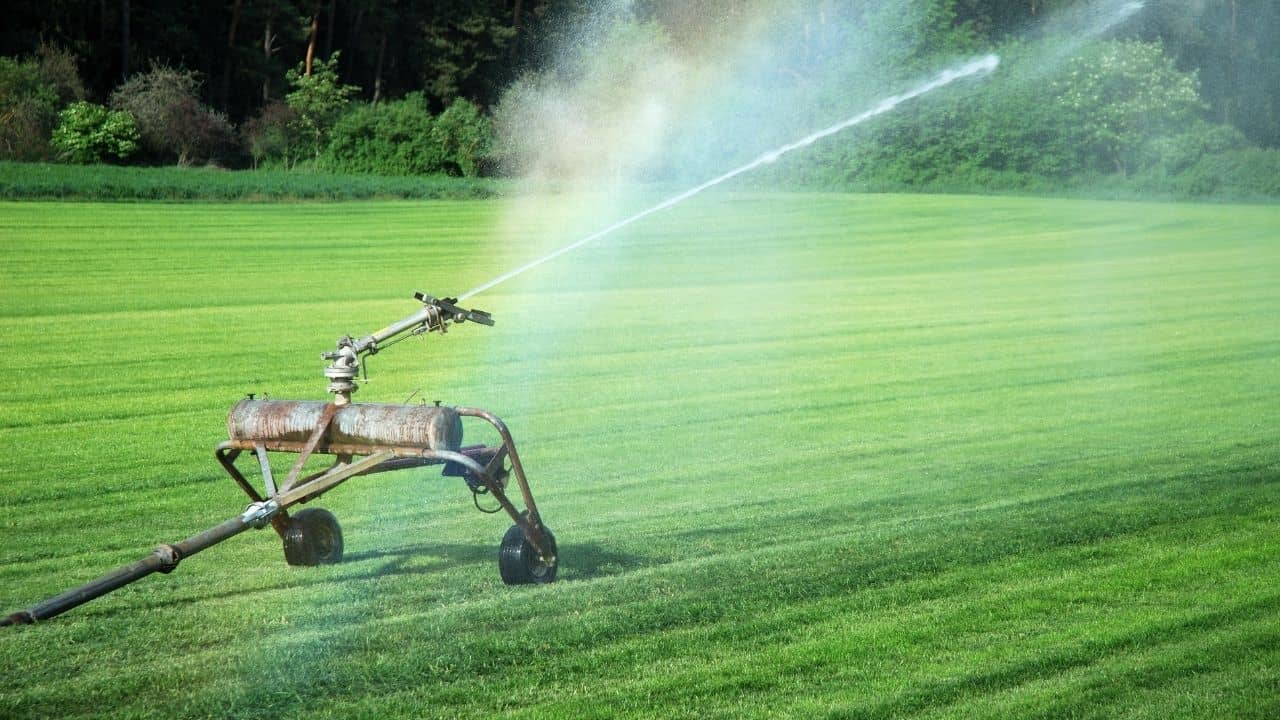
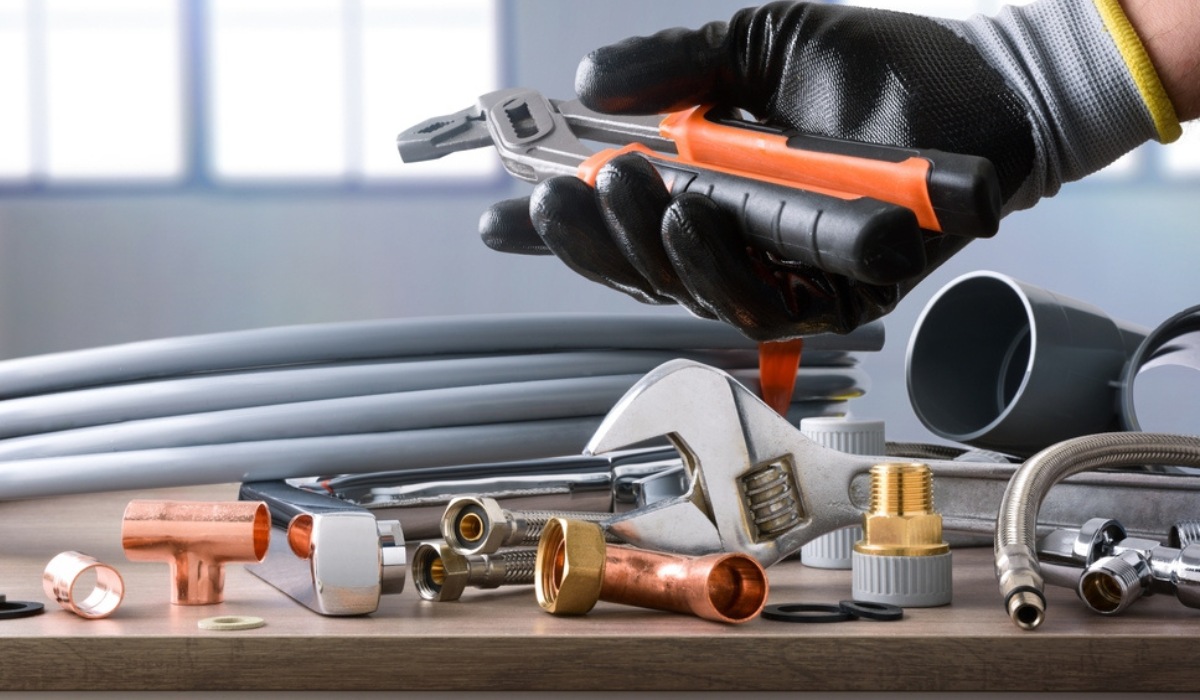
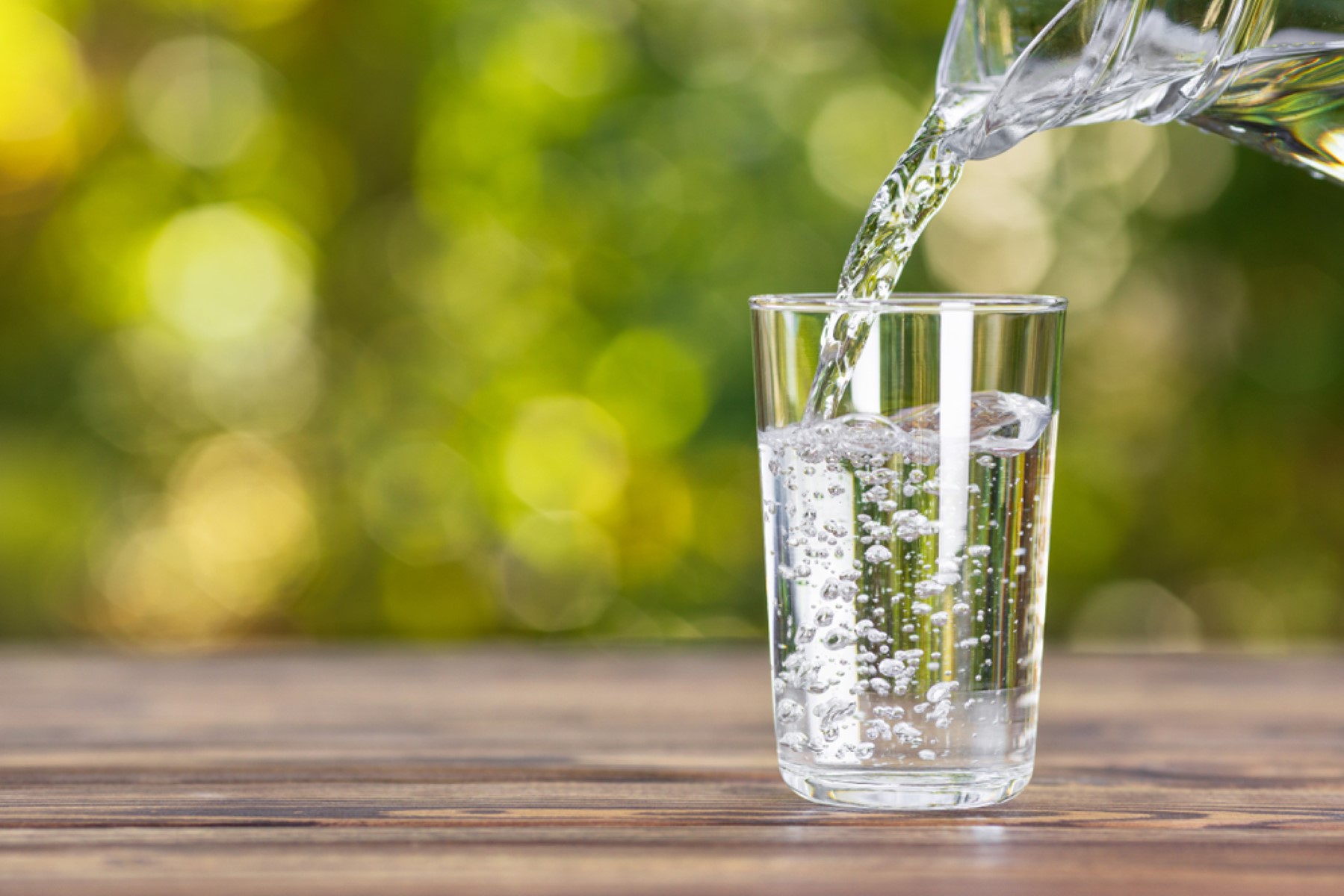
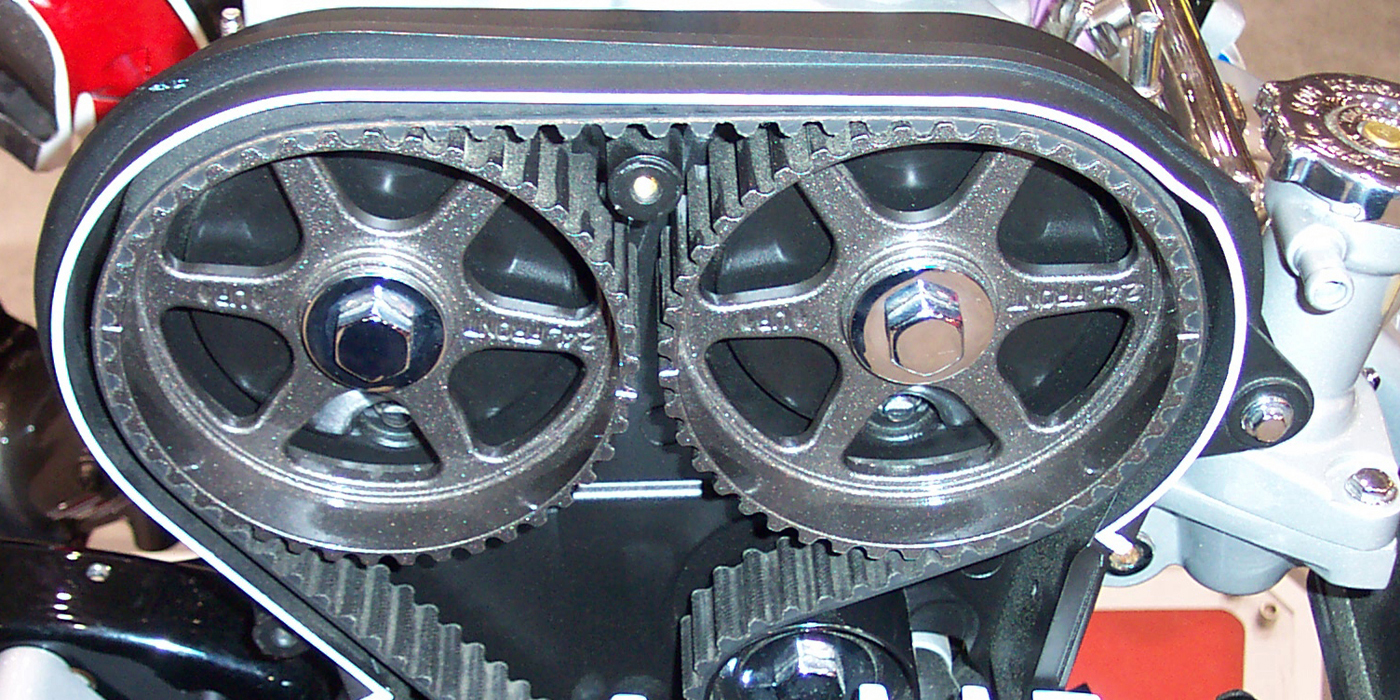
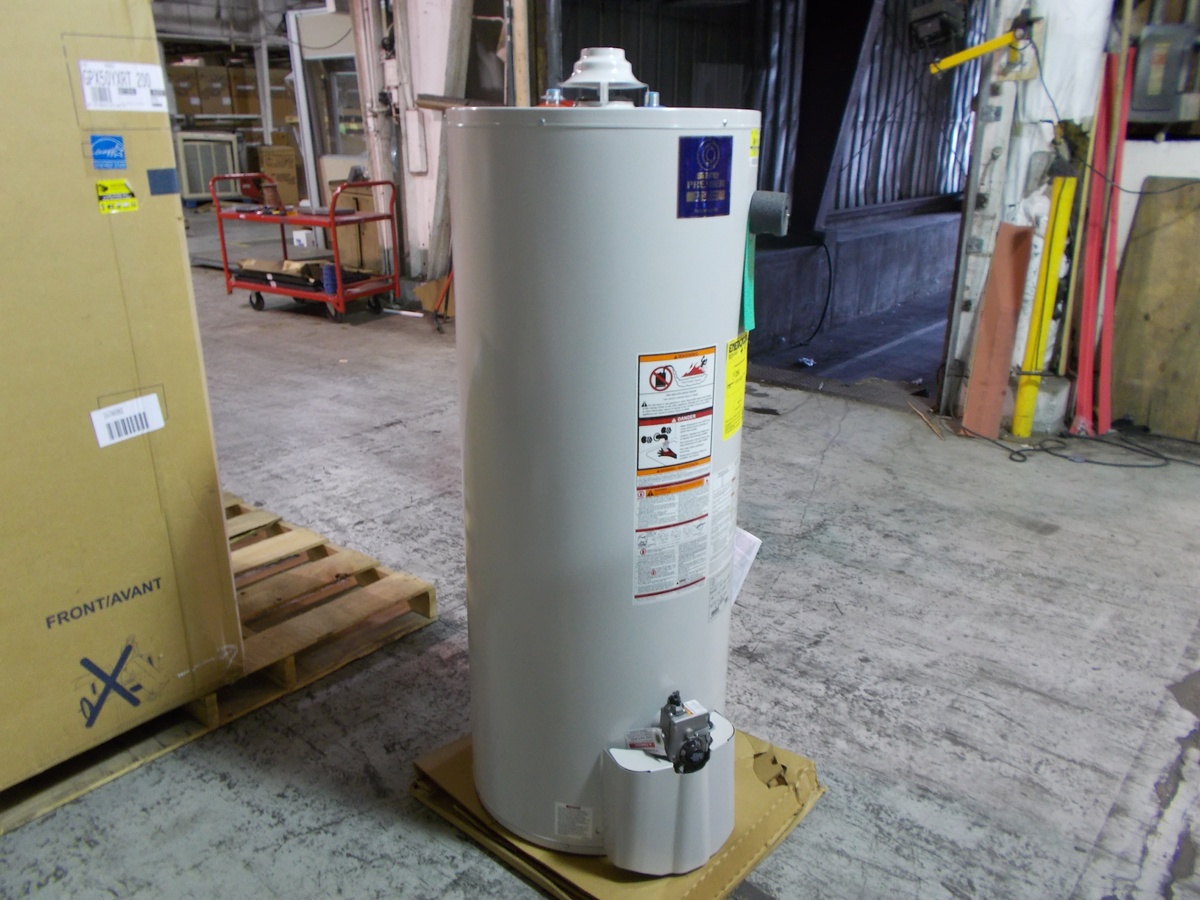
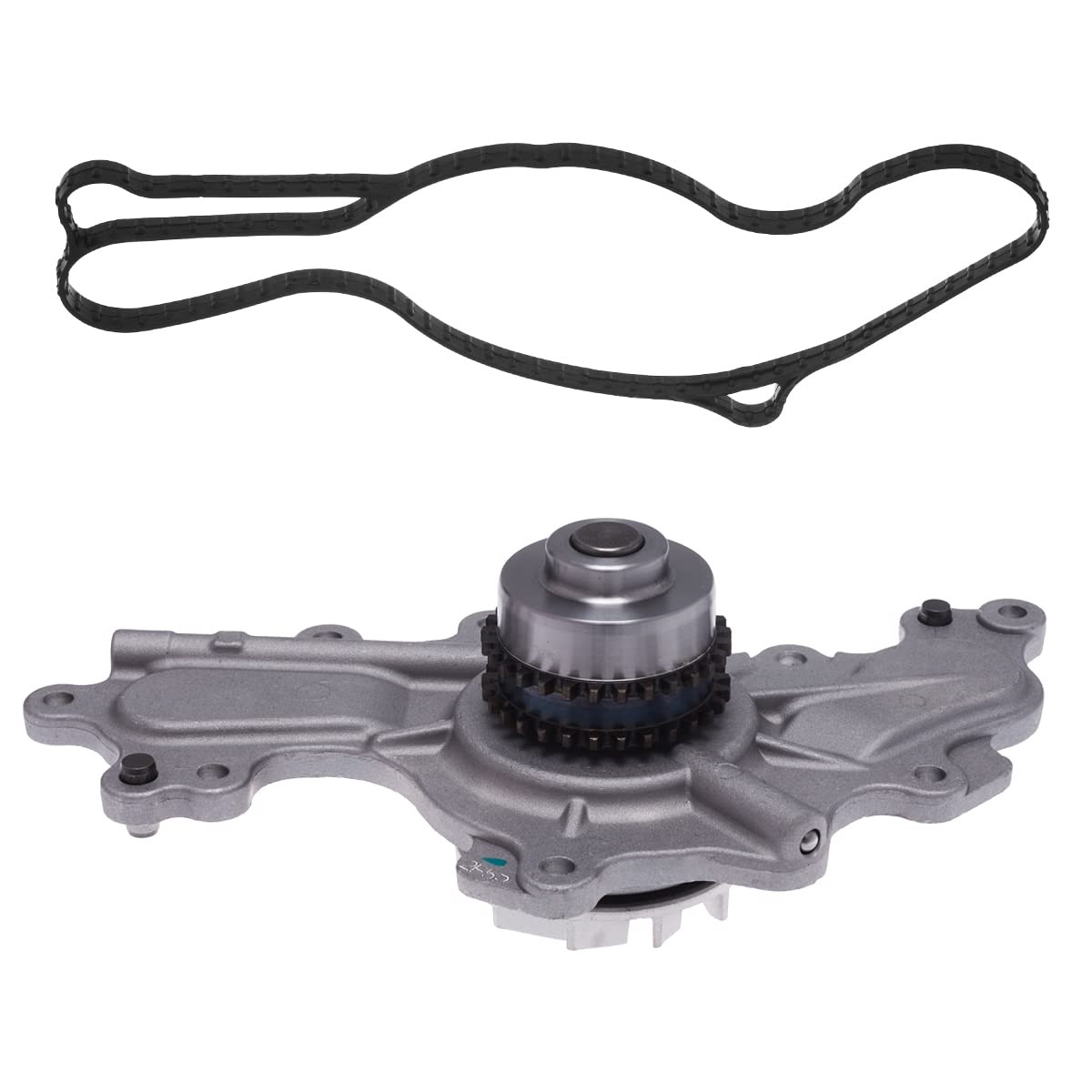

0 thoughts on “How Long Does It Take Water To Freeze In A Freezer”